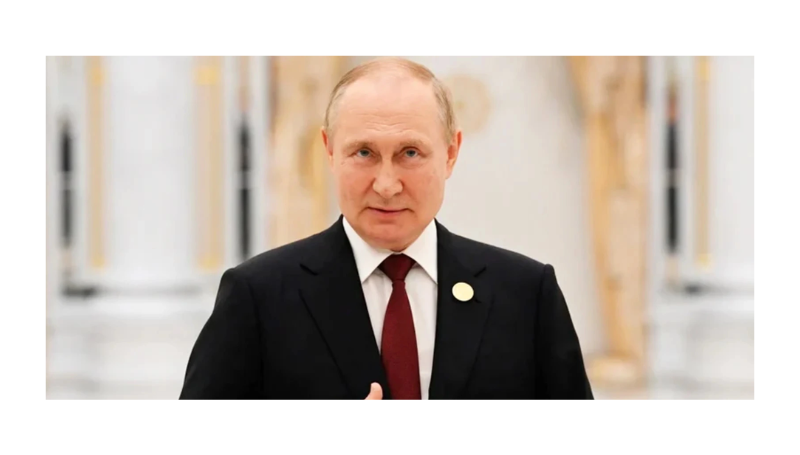Hanna Notte
NY Times, Dec. 10, 2024
“No amount of rhetorical gymnastics by Russia’s spin doctors can distract from the fact that the abandonment of Mr. al-Assad is the clearest sign, since Mr. Putin invaded Ukraine, that there are new limits on Russian power projection.”
This time, when Bashar al-Assad started to fall, Russia was not there to catch him.
Russia largely watched from the sidelines as Syrian rebels swept through the country in less than 10 days, overtaking Aleppo, Hama and Homs before entering Damascus, the capital, on Sunday. Mr. al-Assad is now gone, his departure celebrated by crowds of ecstatic Syrians. In Russia, where Mr. al-Assad has fled, the fall of his government amounts to a devastating loss. Decades of Russian military and political investment to carve out a foothold in the Mediterranean are now at risk. Vladimir Putin may yet manage to retain some stakes in a post-Assad Syria, but there’s no way around it: He just suffered a significant defeat.
Russia’s ties with the Assad family go back to the 1970s, when Hafez al-Assad — Bashar’s father — solidified Syria’s place in the Soviet orbit. When the younger Mr. al-Assad met a peaceful uprising with a violent crackdown that escalated into a bloody conflict, Russia responded, in early 2012, by vetoing a U.N. Security Council resolution calling on him to resign. The year before, Mr. Putin, then prime minister, lambasted a separate U.N. resolution authorizing airstrikes against the Libyan dictator Col. Muammar el-Qaddafi as a “medieval call for a crusade” and was said to be livid when Colonel Qaddafi was killed. He was determined that Mr. al-Assad not suffer the same fate.
Mr. Putin gave the younger Mr. al-Assad substantial military assistance in the years since. By 2015 Mr. al-Assad’s forces controlled barely 20 percent of Syria’s territory and Russia launched a military operation to save him. In 2017 Russia helped negotiate cease-fires in parts of Syria, then enabled regime forces to gobble up many of those places. Its military presence eventually morphed into a smaller force suitable to managing low-level conflict, but Russia never withdrew from Syria, even after its 2022 invasion of Ukraine eclipsed all other foreign policy priorities. By that point, maintaining a presence there, including the Hmeimim air base and the Tartus naval base, was also critical to Russia’s military operations in Libya, the Central African Republic and the Sahel — a new frontier for Russian power projection.
Russia’s military support was complemented by patient political backing. Mr. Putin and Mr. al-Assad remained as thick as thieves throughout several rounds of arduous peace conferences that attempted to negotiate a settlement to the conflict. In 2013, Mr. Putin emerged as Mr. al-Assad’s knight in shining armor — and incidentally exposed the weakness of President Barack Obama’s “red line” in Syria — by vouching for the destruction of Mr. al-Assad’s chemical weapons within a year and heading off the prospect of American airstrikes. (A few years later, more than 80 Syrian civilians would be killed in a sarin attack that the United States attributed to the regime’s forces….SOURCE


